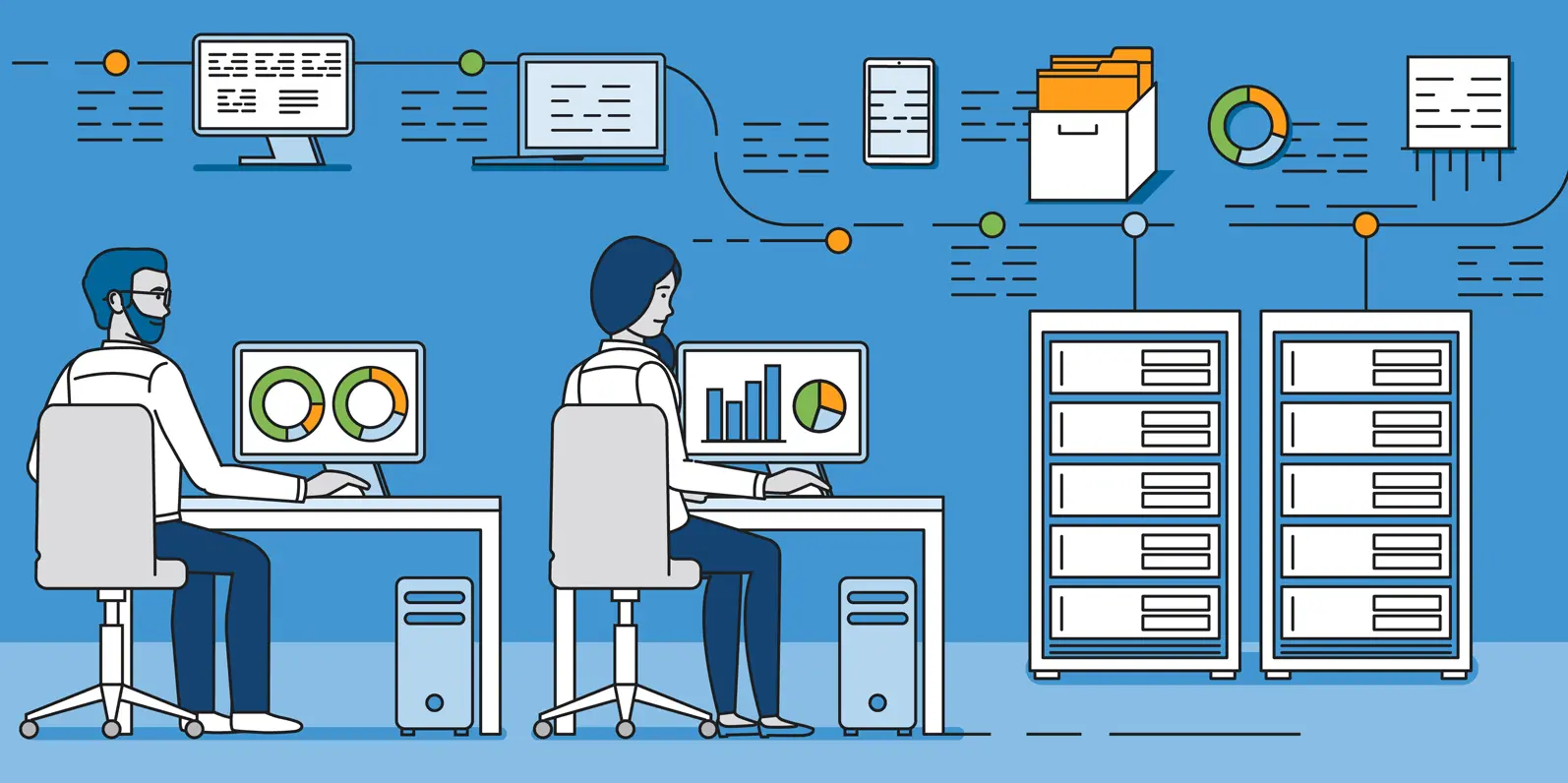Demystifying Blockchain Technology: A Beginner’s Guide
Blockchain technology is one of the most talked-about innovations of the 21st century, yet it remains shrouded in mystery for many. While often associated with cryptocurrencies like Bitcoin, blockchain’s potential extends far beyond digital currency. In this blog, we’ll break down the basics of blockchain technology, explore its various applications, and discuss why it has the potential to revolutionize multiple industries.
What is Blockchain?
At its core, a blockchain is a decentralized digital ledger that records transactions across many computers so that the record cannot be altered retroactively. This ensures the integrity and security of data, making blockchain a reliable way to track information.
Think of blockchain as a chain of blocks, where each block contains a list of transactions. Once a block is completed, it is added to the chain in a linear, chronological order. Each block contains a cryptographic hash of the previous block, a timestamp, and transaction data, ensuring that the chain remains unbroken and tamper-proof.
Key Characteristics of Blockchain
- Decentralization: Unlike traditional databases controlled by a single entity, a blockchain is maintained by a network of nodes (computers) that work together. This decentralization ensures that no single point of failure exists, enhancing security and reliability.
- Transparency: All transactions on a blockchain are visible to all participating nodes. This transparency promotes trust and accountability, as every participant can verify the data independently.
- Immutability: Once data is recorded on a blockchain, it cannot be altered or deleted. This immutability ensures the accuracy and integrity of the information, making blockchain an ideal solution for tracking and verifying transactions.
- Security: Blockchain uses advanced cryptographic techniques to secure data, making it extremely difficult for unauthorized parties to tamper with the information.
How Does Blockchain Work?
To understand how blockchain works, let’s consider a simple example: transferring money between two parties. Here’s a step-by-step breakdown:
- Initiation: The transaction is initiated when one party sends money to another.
- Broadcasting: This transaction is broadcast to a network of computers (nodes) that validate the transaction using a consensus mechanism.
- Validation: The nodes verify the transaction details, ensuring that the sender has sufficient funds and the transaction is legitimate.
- Recording: Once validated, the transaction is grouped with other transactions into a block.
- Linking: The new block is linked to the previous block using a cryptographic hash, creating a chain of blocks.
- Completion: The transaction is completed, and the updated ledger is distributed across the network, ensuring that all nodes have the latest information.
Applications of Blockchain
While blockchain’s initial application was for cryptocurrencies, its potential uses span various industries:
- Finance: Beyond cryptocurrencies, blockchain can streamline cross-border payments, reduce fraud, and enhance transparency in financial transactions.
- Supply Chain Management: Blockchain can track products from their origin to the consumer, ensuring authenticity and reducing the risk of counterfeiting.
- Healthcare: Blockchain can securely store patient records, ensuring data integrity and enabling seamless sharing of information among healthcare providers.
- Voting: Blockchain can provide a secure and transparent voting system, reducing the risk of fraud and enhancing the integrity of elections.
- Real Estate: Blockchain can simplify property transactions by securely recording ownership details and streamlining the transfer process.
- Intellectual Property: Blockchain can protect intellectual property rights by recording the creation and transfer of digital assets, ensuring that creators receive proper recognition and compensation.
The Future of Blockchain
Blockchain technology is still in its early stages, but its potential is vast. As more industries explore and adopt blockchain solutions, we can expect to see increased efficiency, transparency, and security in various aspects of our lives. However, challenges such as scalability, regulatory acceptance, and interoperability must be addressed to fully realize blockchain’s potential.
In conclusion, blockchain technology represents a paradigm shift in how we handle data and transactions. By understanding the basics and exploring its applications, we can appreciate the transformative power of blockchain and its ability to revolutionize industries beyond finance. As we continue to innovate and develop this technology, the possibilities are endless.




